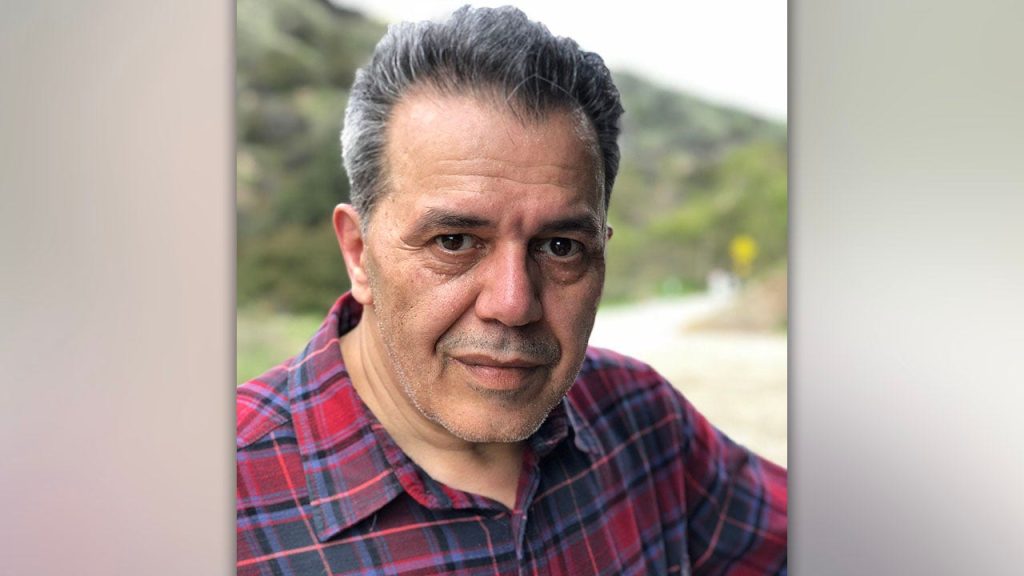The Islamic Republic of Iran executed journalist Jamshid Sharmahd, a California resident and vocal critic of the Tehran regime. Sharmahd’s daughter, Gazelle, spoke out against the regime’s decision, calling her father an innocent man being scapegoated over alleged bombing accusations. She emphasized his ties to the United States and the fact that he would have had citizenship if not for the Iranian regime. The Levinson Act, named after Robert Levinson, defined a “United States national” as a lawful permanent resident with strong ties to the country. Critics accused the Biden administration of abandoning Sharmahd and shifting his case to Germany, where he is a citizen.
Following an assassination attempt in California and subsequent kidnapping by the Iranian regime in Dubai in 2020, Sharmahd was accused of committing terrorist acts at the behest of U.S. and Israeli intelligence services, according to the regime-controlled website Mizan. Lawdan Bazargan, an Iranian-American human rights activist, highlighted Sharmahd’s execution as a diversion tactic by the regime to distract from its failures against Israel and losses suffered by Hezbollah and Hamas. Amnesty International criticized Sharmahd’s conviction as based on vague charges and his trial as grossly unfair, noting mistreatment including prolonged solitary confinement and denial of adequate healthcare.
Tehran accused Sharmahd of involvement in a 2008 terrorist attack at a mosque in Shiraz, Iran, resulting in casualties. However, regime-controlled media previously suggested that the blast was caused by munitions used in an exhibition for Iran-Iraq War martyrs, casting doubt on the accusations against Sharmahd. The attorney for Sharmahd, Jason Poblete, confirmed reports of his death and requested privacy for the family while awaiting further information. Vahid Beheshti, an Iranian journalist and human rights activist, condemned the Iranian government for Sharmahd’s perceived murder, calling attention to the regime’s oppressive tactics.
Activists and rights groups called for global condemnation of Iran’s actions and urged countries like Germany and European nations to expel Iranian diplomats and shut down regime embassies acting as terror safe houses. They also advocated for labeling the Islamic Revolutionary Guard Corps (IRGC) as a terrorist organization to pressure Iran into halting executions of innocent prisoners. The Iranian regime’s history of targeting and executing political prisoners, exemplified by the mass execution of over 5,000 individuals in 1988, serves as a stark reminder of the need for international accountability in the face of such atrocities. The silence of the global community on such issues only emboldens the regime to continue its brutal tactics.
The U.S. State Department was approached for comment on Sharmahd’s execution, but did not immediately respond. Critics have accused the Biden administration of failing to effectively address human rights abuses and targeting of dissidents by the Iranian regime. As the international community grapples with Iran’s oppressive actions and violations of human rights, the need for strong, coordinated action to hold the regime accountable and prevent further atrocities becomes increasingly urgent. Ultimately, the case of Jamshid Sharmahd sheds light on the ongoing struggle for justice, freedom, and accountability in Iran and underscores the importance of standing up against tyranny and oppression wherever it may be found.



